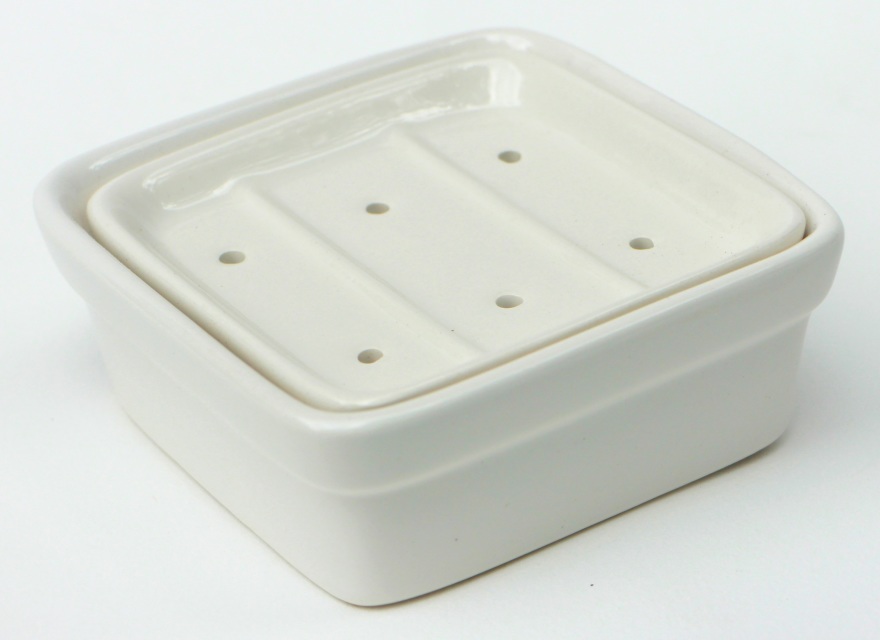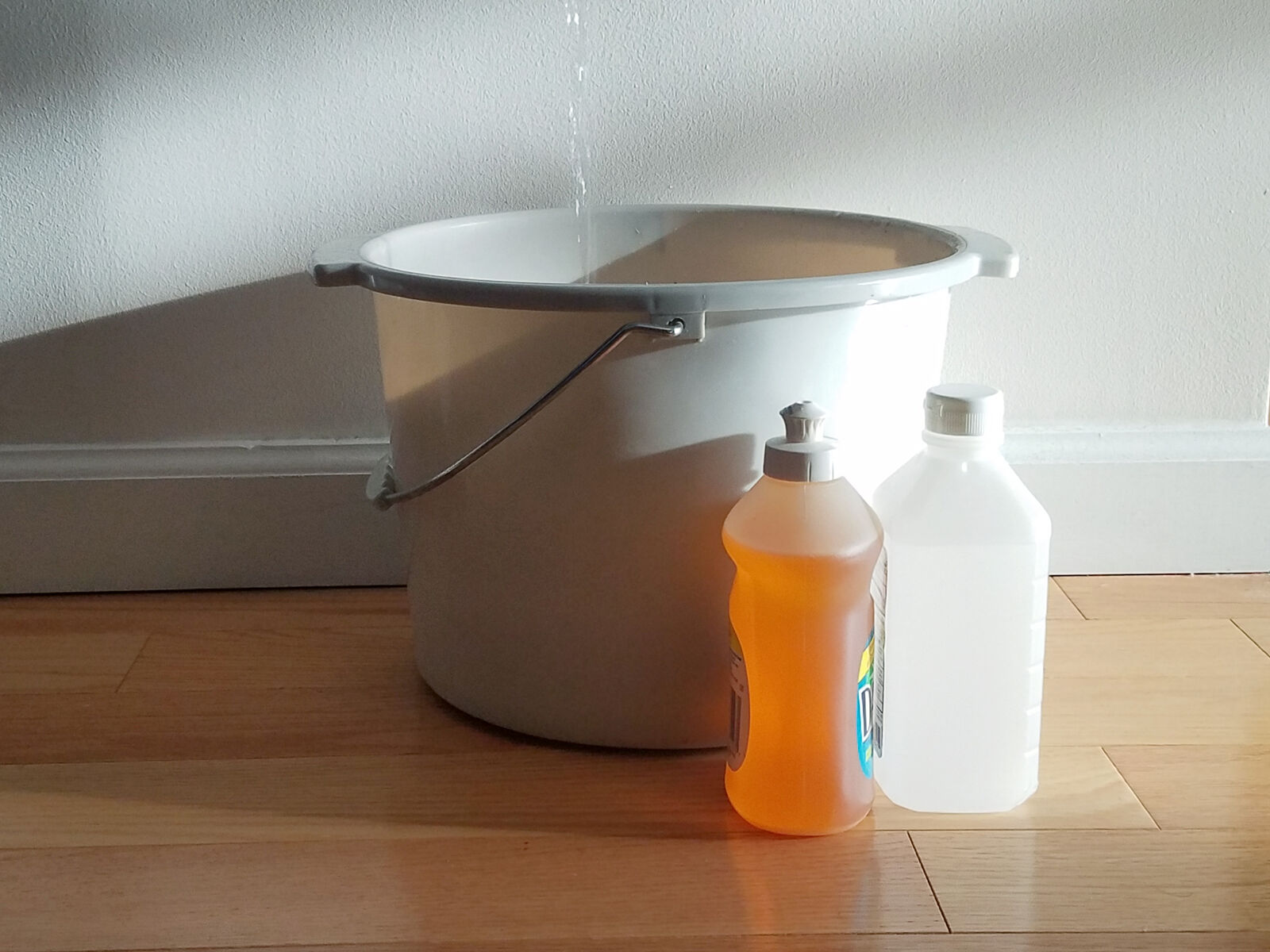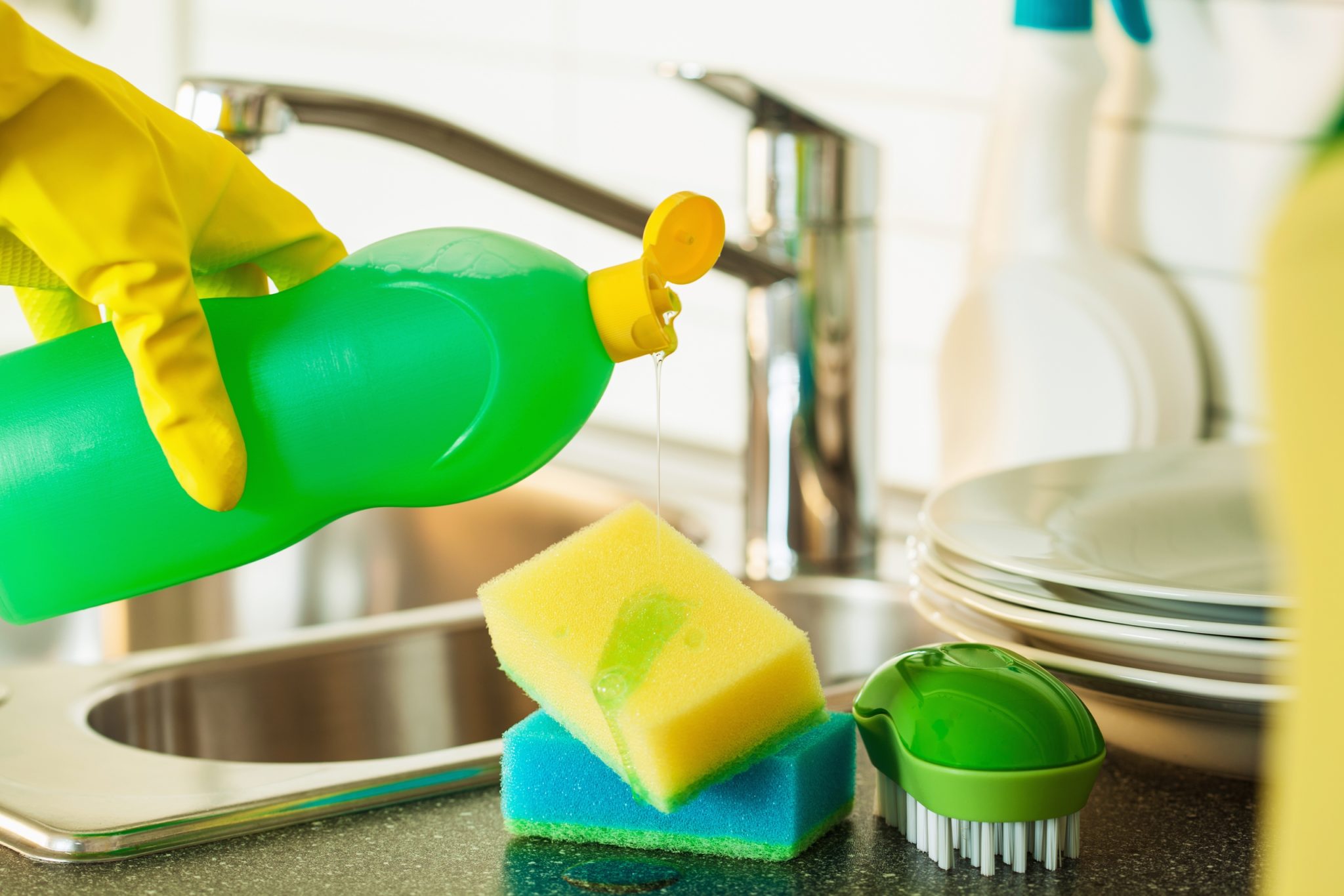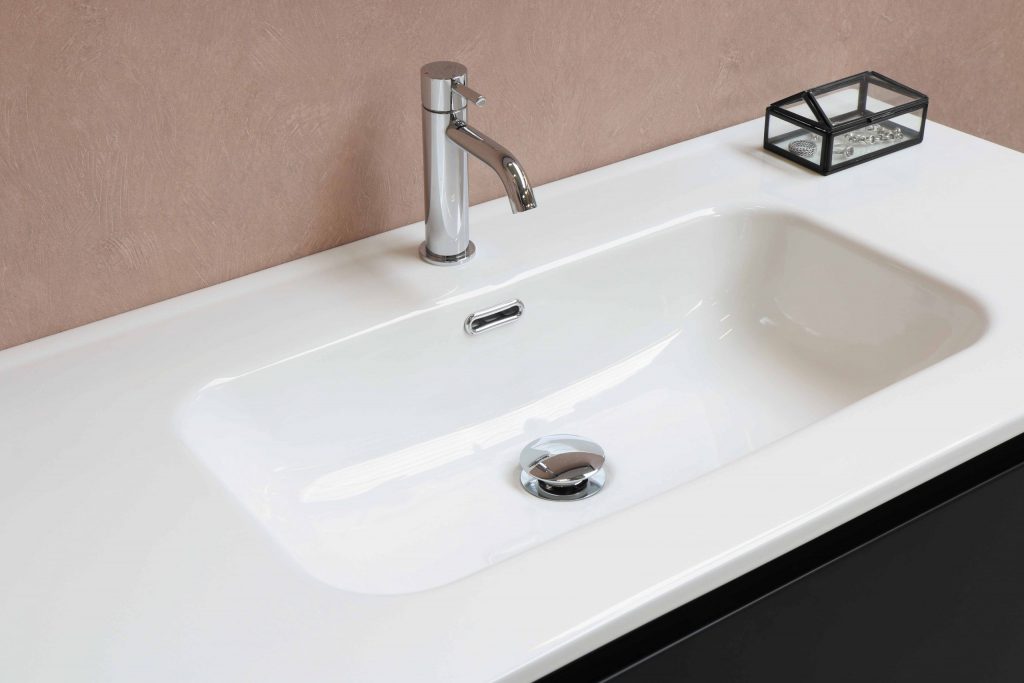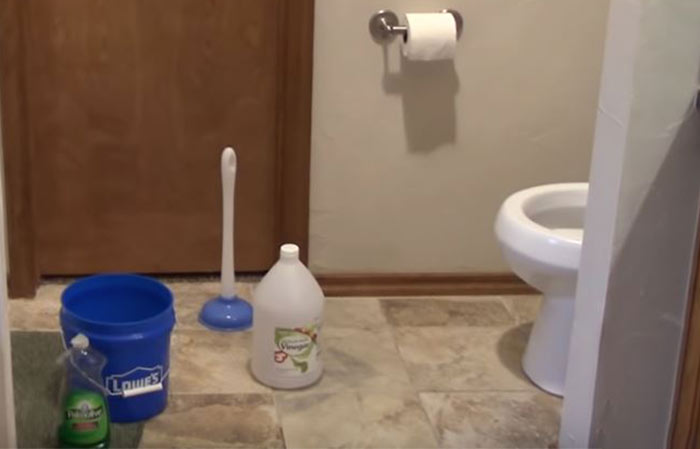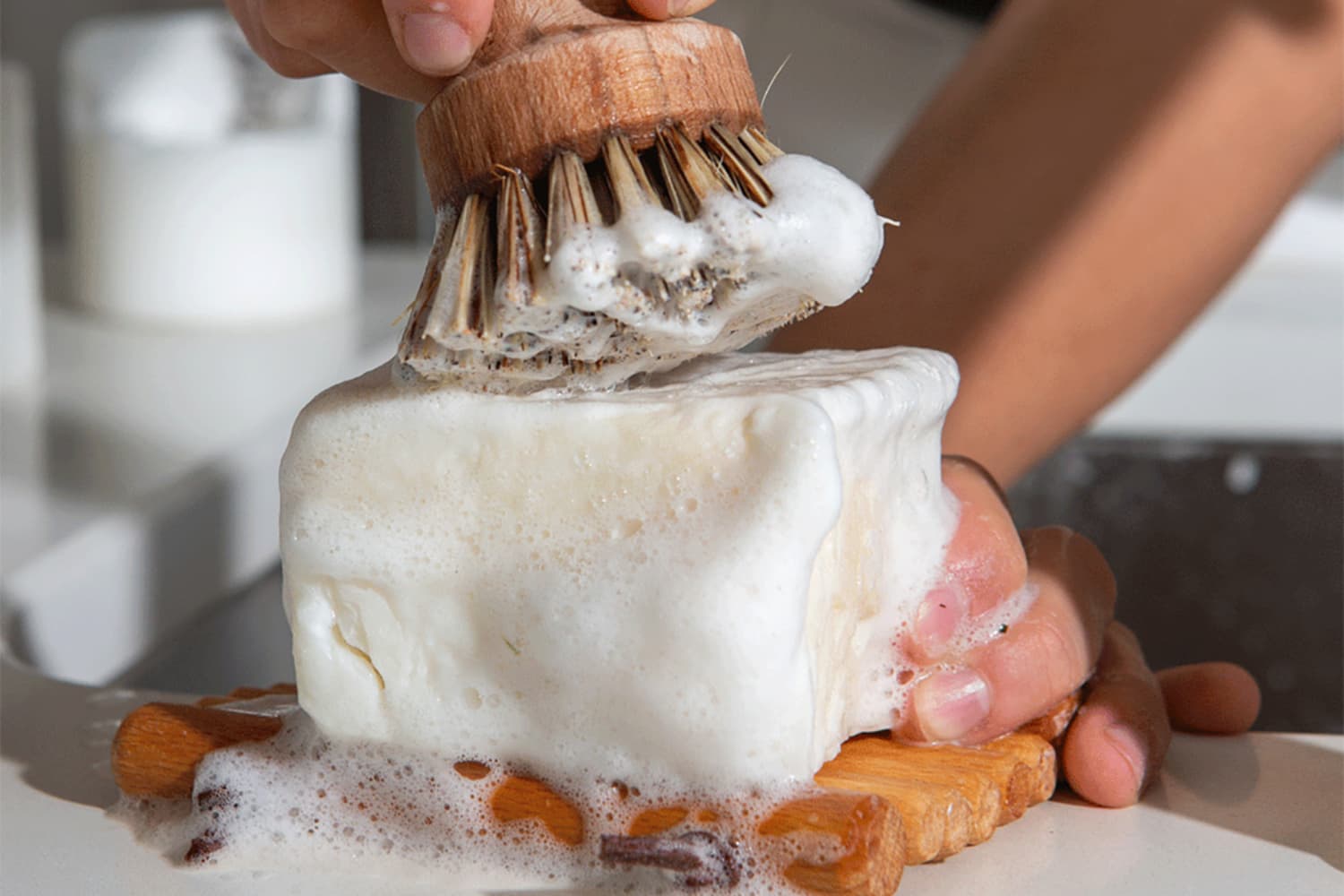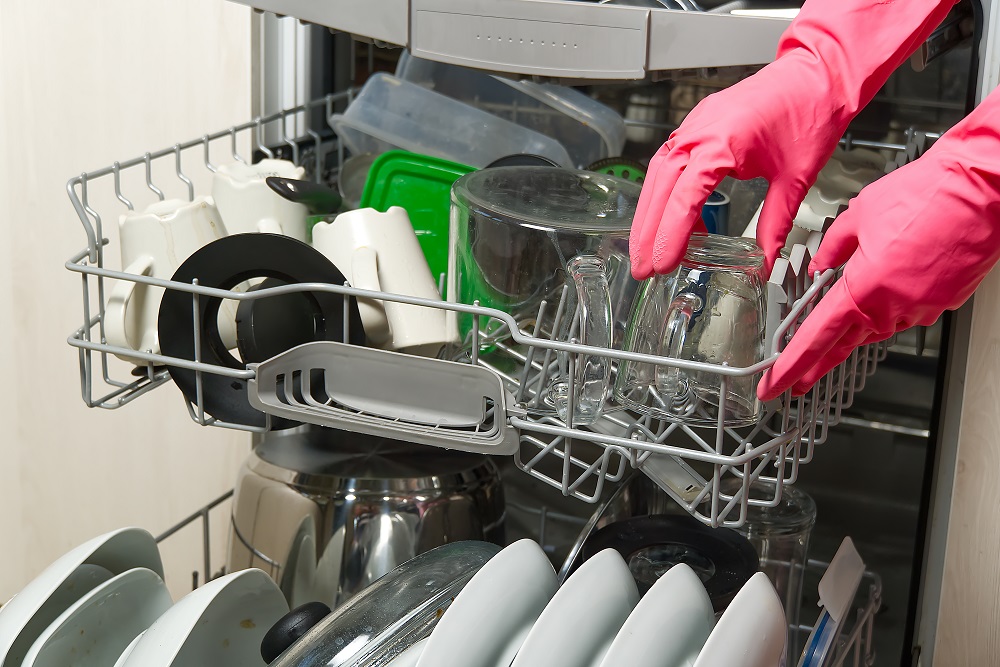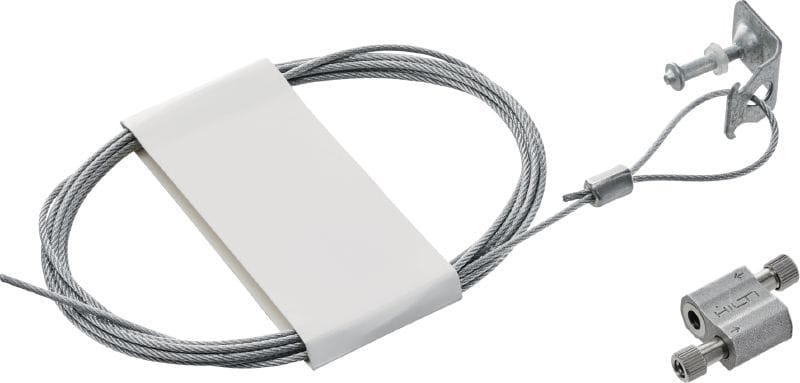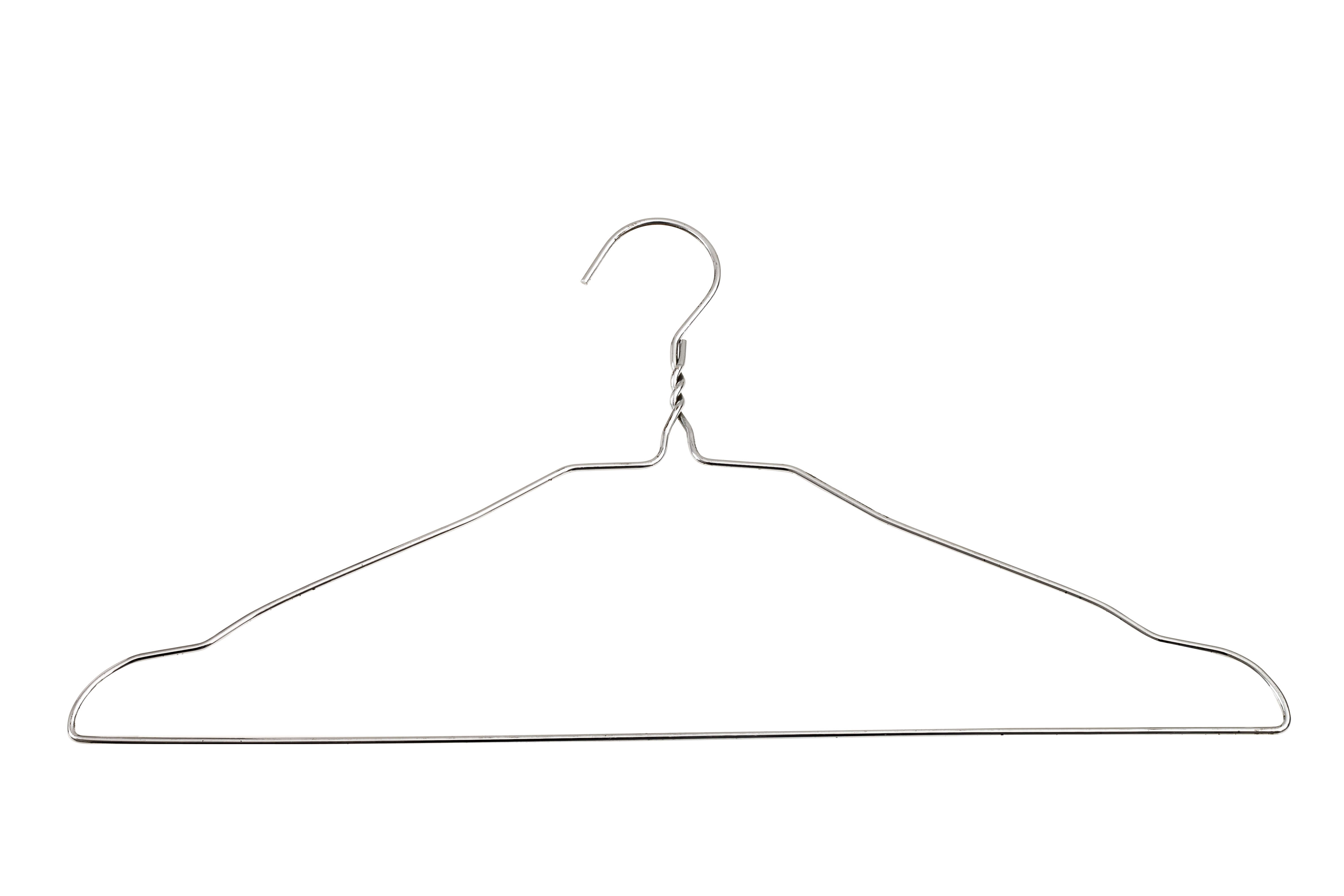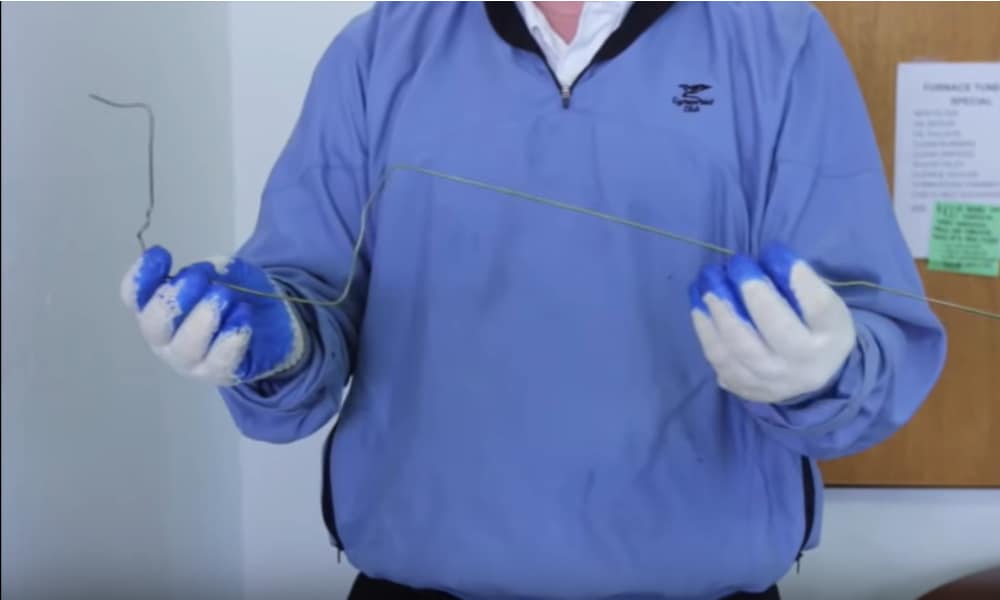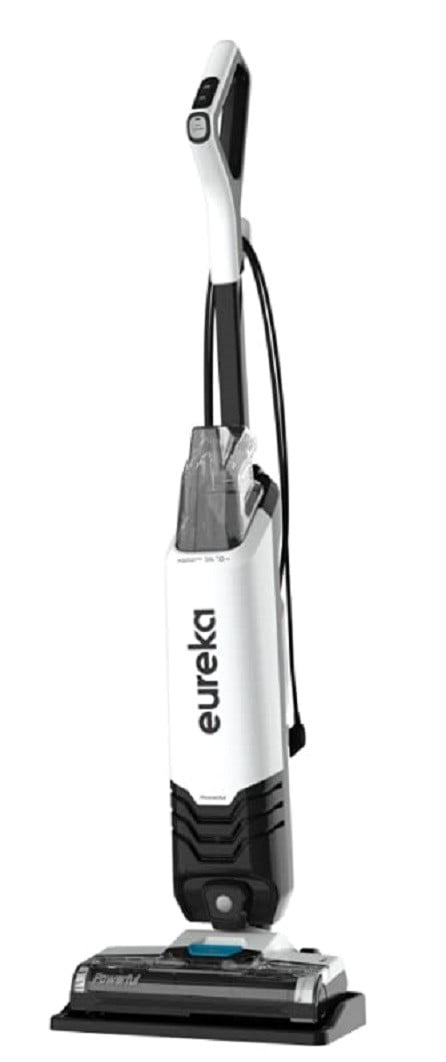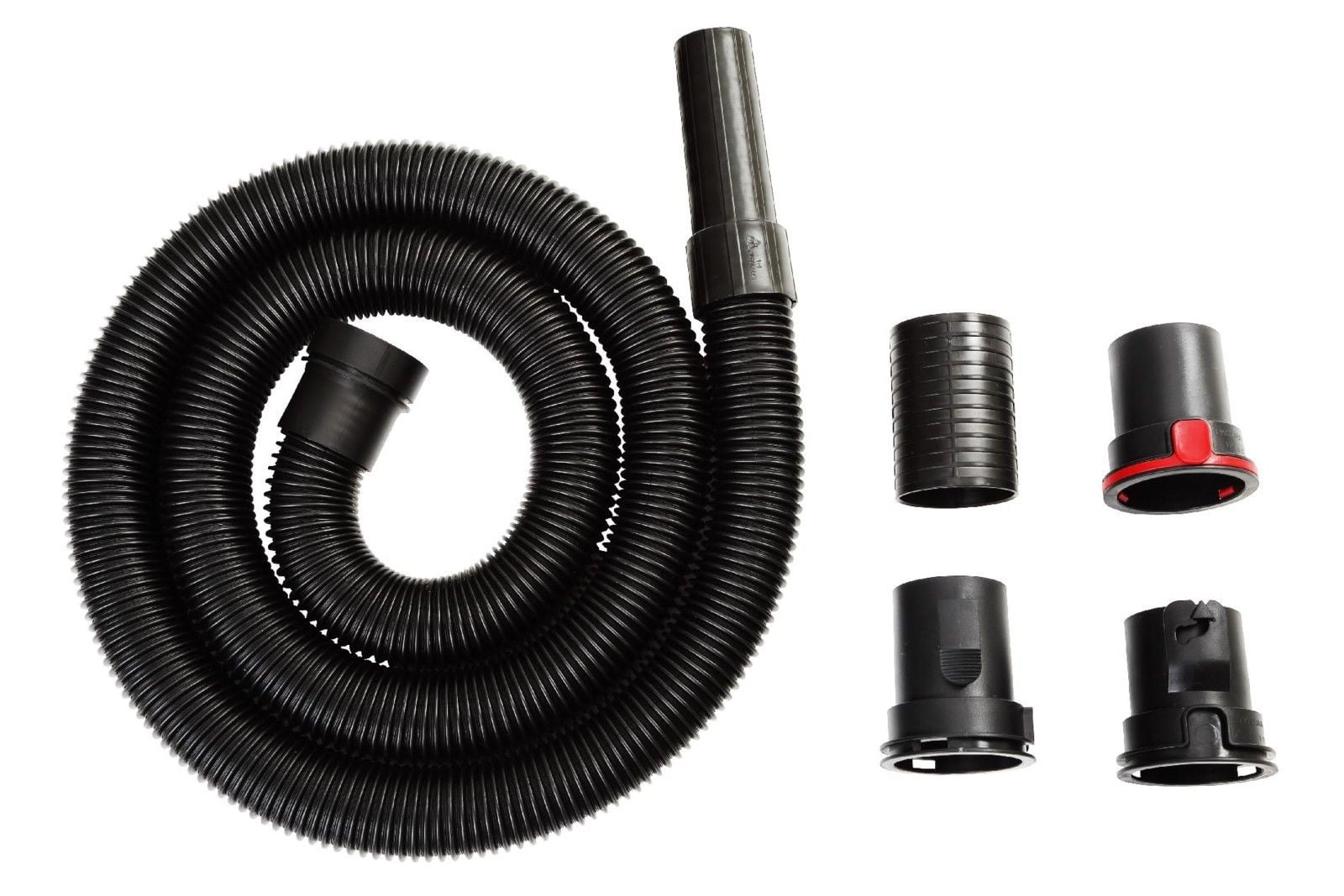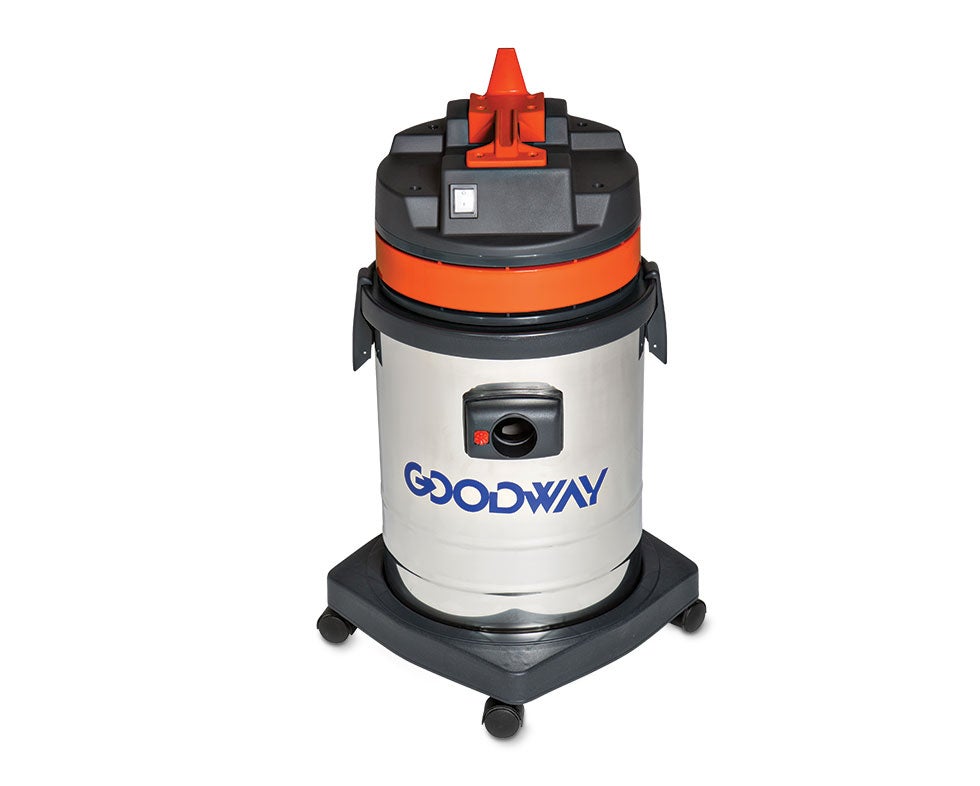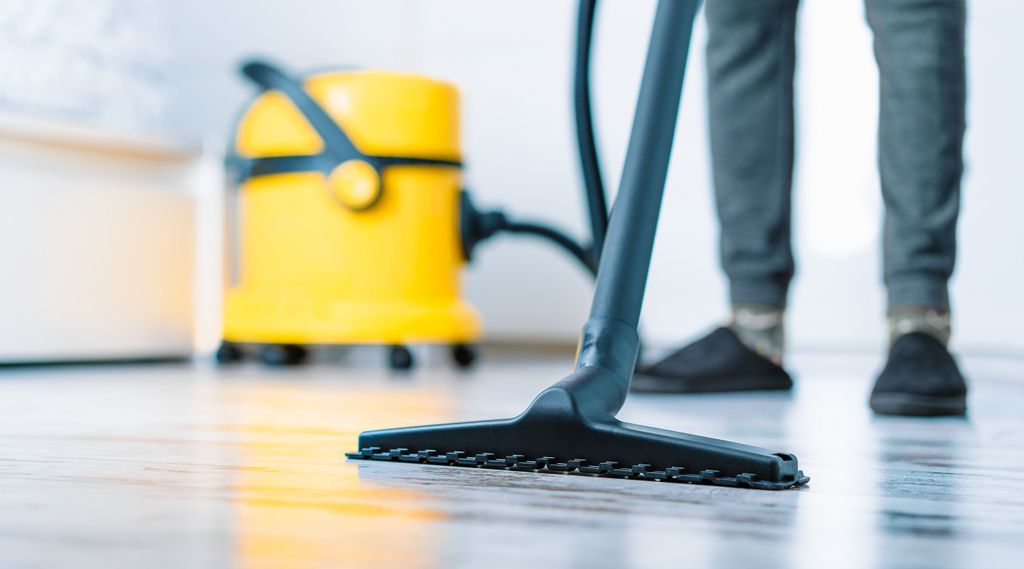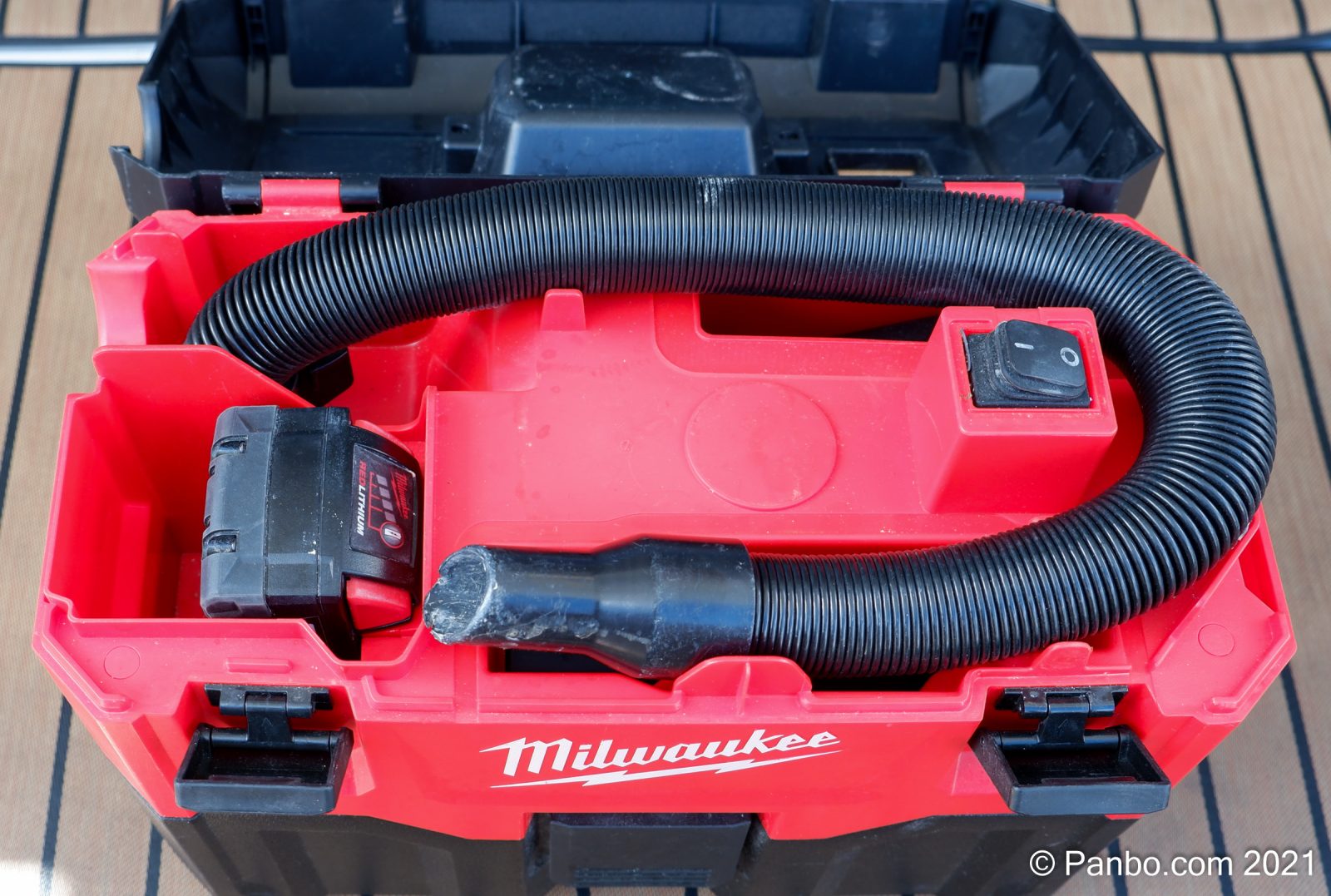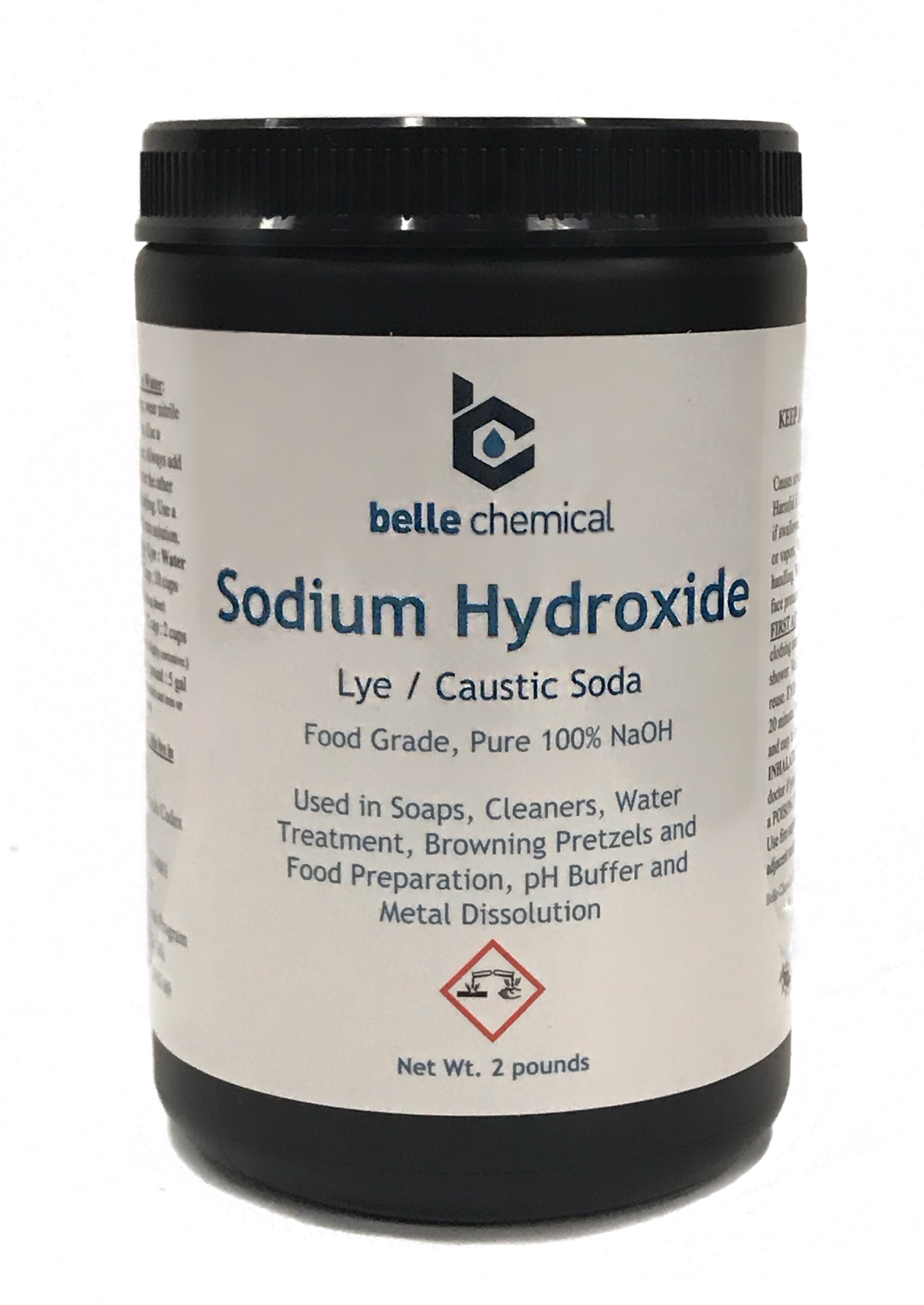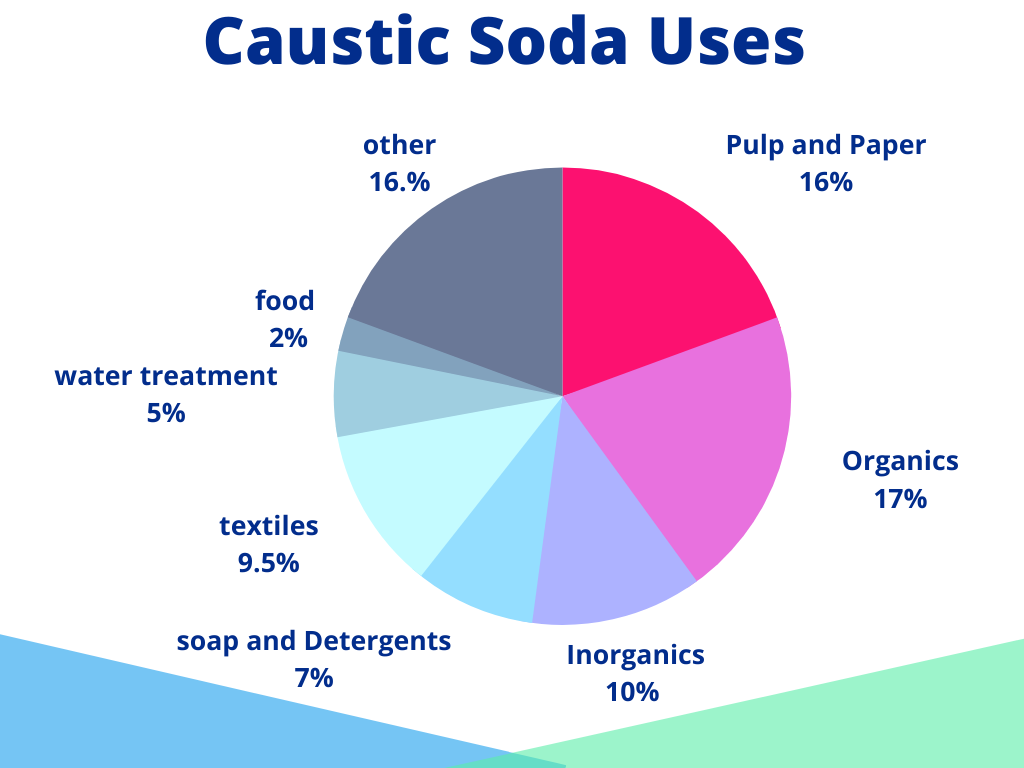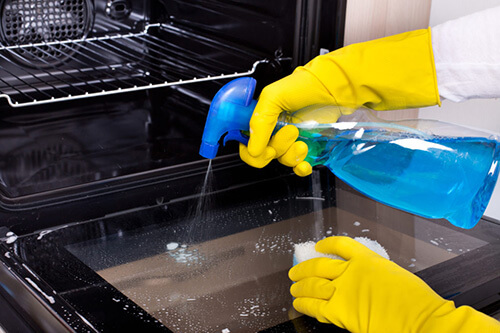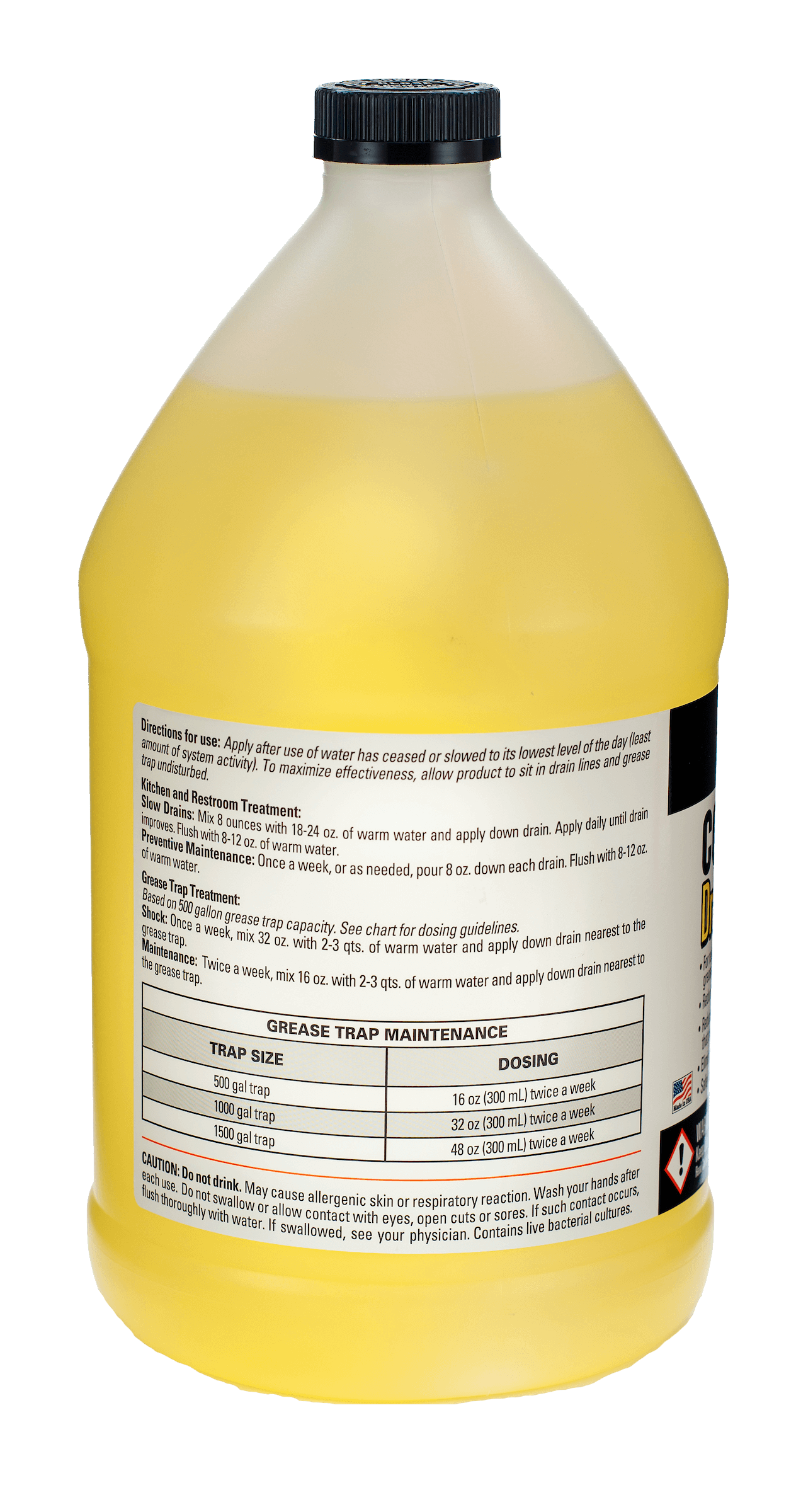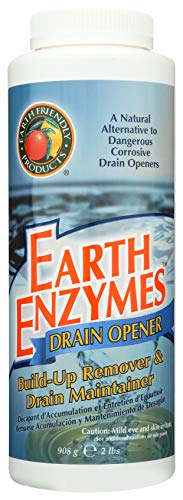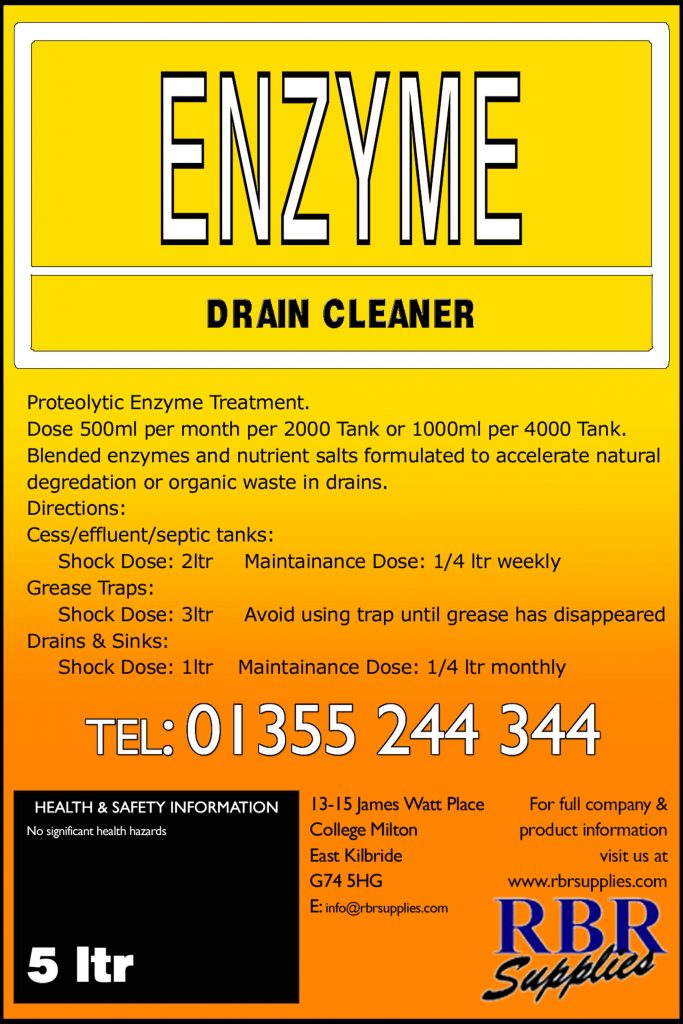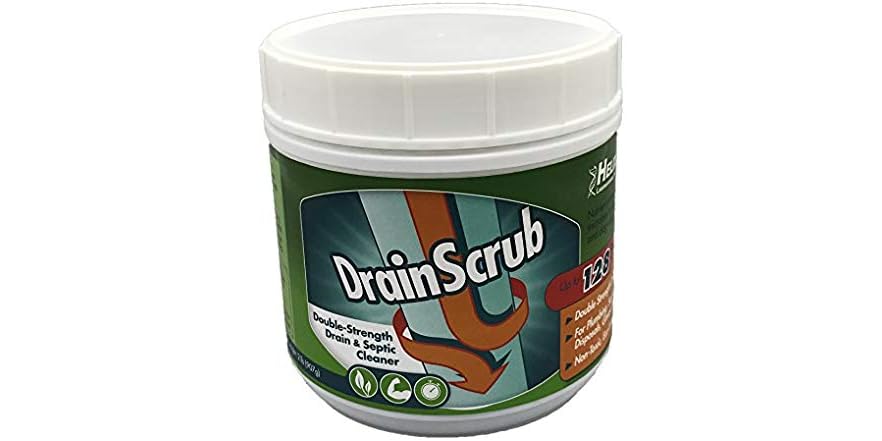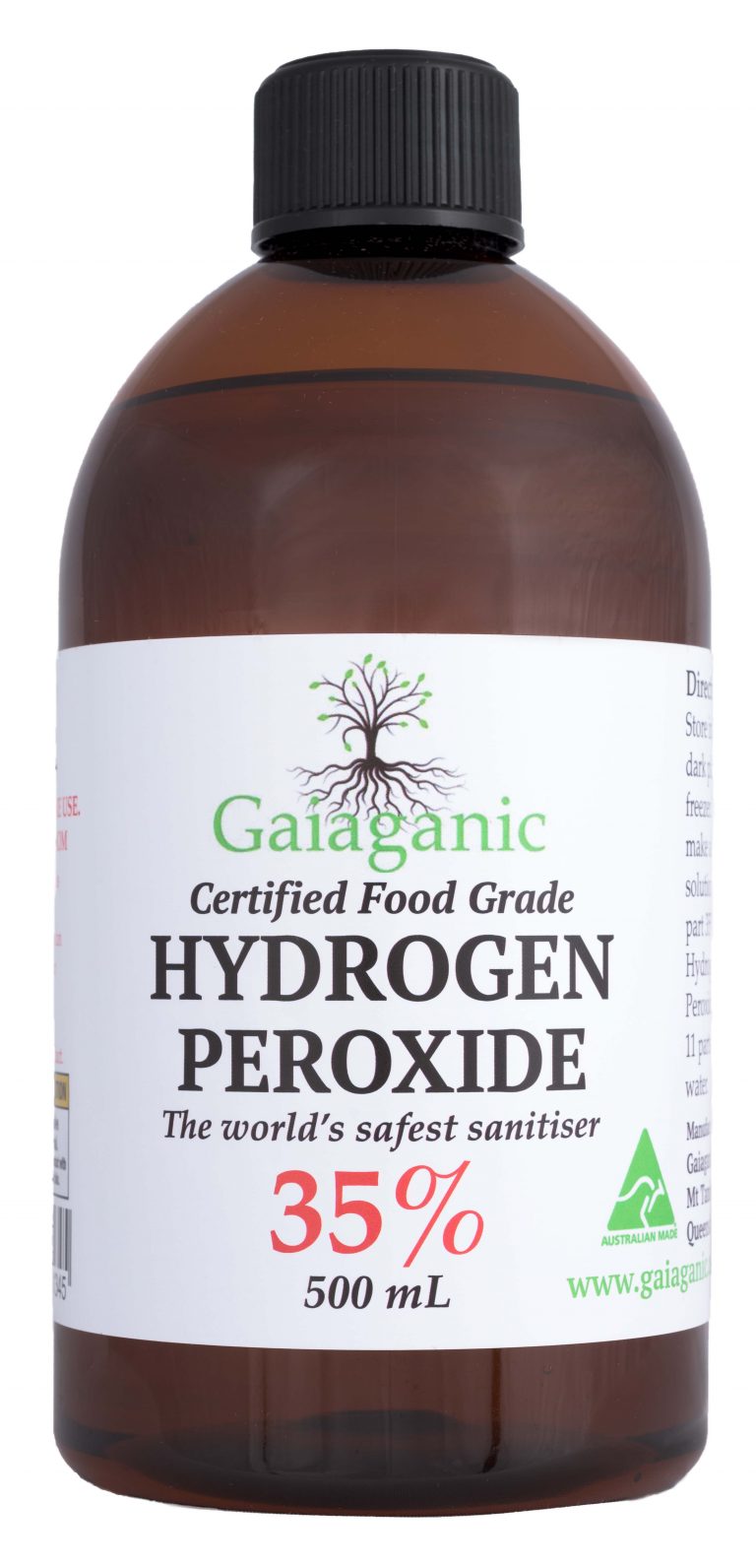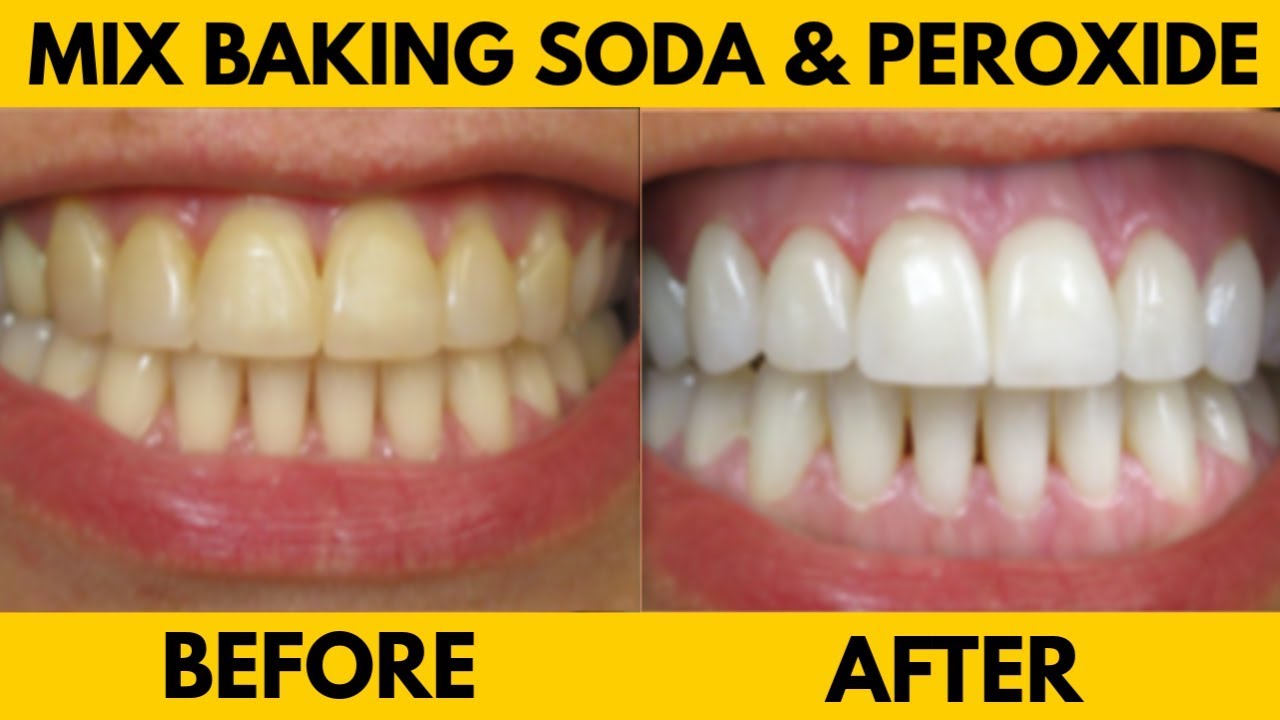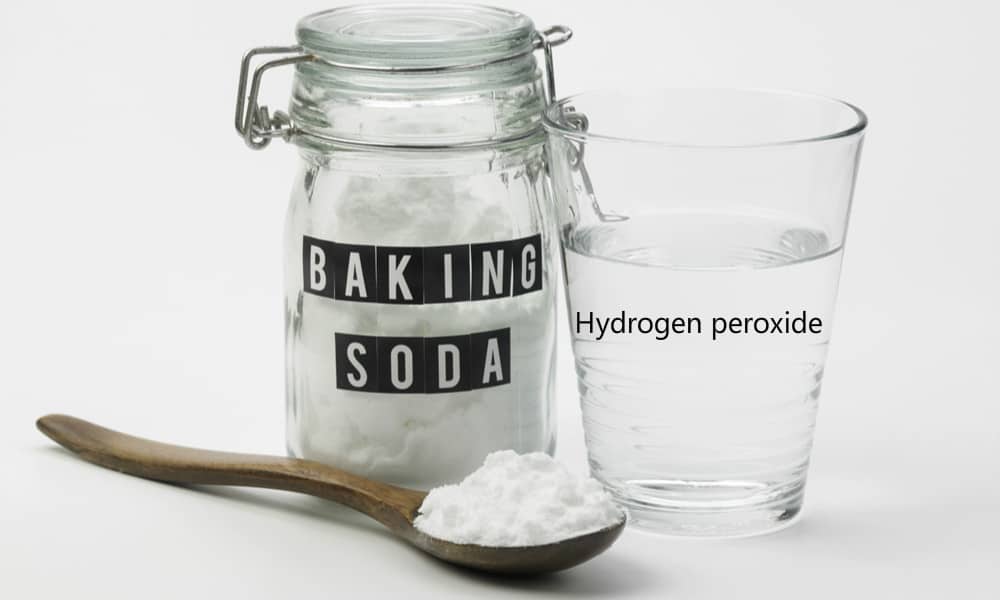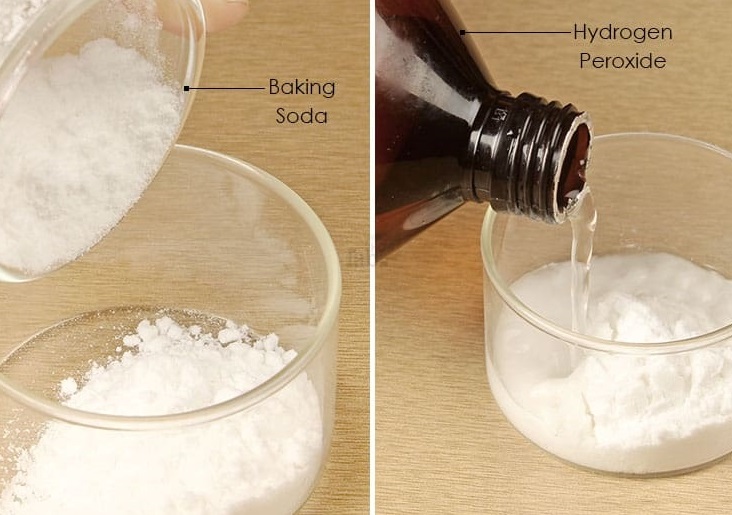If you're looking for a natural and effective way to unclog your kitchen sink, look no further than your pantry. Baking soda and vinegar are two common household ingredients that, when combined, can work wonders on a clogged drain. To use this method, start by pouring half a cup of baking soda down the drain. Follow it up with half a cup of white vinegar and immediately cover the drain with a cloth or stopper to contain the fizzing reaction. Let it sit for about 30 minutes, then flush the drain with hot water. The bubbling reaction between the baking soda and vinegar helps to break down any debris and clear the clog. Repeat this process a few times if necessary, and your kitchen sink should be flowing smoothly again in no time.1. Baking Soda and Vinegar
One of the simplest and most effective ways to unclog a kitchen sink is by using boiling water. This method works best for minor clogs caused by grease, soap scum, or other organic materials. To unclog your sink with boiling water, boil a pot of water on the stove or in the microwave. Once it's boiling, carefully pour it down the drain in two to three stages, allowing a few seconds between each pour. The hot water will help to dissolve any build-up and flush it out of the drain. Be cautious when using this method on PVC pipes, as the high heat may cause damage. If you're unsure, try using hot tap water instead.2. Boiling Water
Similar to using hot water alone, adding salt to the mix can provide an extra boost in breaking down clogs. The coarse texture of salt works as a natural scouring agent, helping to scrub away any debris in the pipes. To use this method, pour half a cup of salt down the drain, followed by a pot of boiling water. Let it sit for a few minutes, then run hot tap water down the drain to flush it out. You can also try adding a few tablespoons of salt to a mixture of baking soda and vinegar for an even more potent solution.3. Salt and Hot Water
If the clog in your kitchen sink is more stubborn, a plunger may be your best bet. This method works by creating a vacuum that dislodges the clog and allows it to be flushed out. To use a plunger, fill your sink with enough water to cover the rubber end of the plunger. Place the plunger over the drain and push down and up rapidly, creating suction. After a few attempts, pull the plunger up quickly to create a vacuum and hopefully dislodge the clog. Be sure to use a plunger specifically designed for sinks, as toilet plungers won't be as effective.4. Plunger
If your kitchen sink is clogged with grease or oil, try using dish soap and hot water to break it down. Dish soap is designed to cut through grease and grime, making it an excellent option for unclogging drains. To use this method, add a few tablespoons of dish soap to a pot of boiling water. Pour the mixture slowly down the drain, and let it sit for a few minutes. Then run hot tap water down the drain to flush it out. You can also try this method with a mixture of vinegar and dish soap for an extra boost of cleaning power.5. Dish Soap and Hot Water
If you suspect that your kitchen sink is clogged with hair or other debris, a wire hanger can be a useful tool for removing it. This method works best for clogs that are closer to the surface and can be easily reached. To use a wire hanger, straighten it out and create a small hook at one end. Carefully insert the hook into the drain and try to hook onto the clog. Once you have a firm grip, pull the hanger out, hopefully bringing the clog with it. You can also try using a plunger after using the wire hanger method to flush out any remaining debris.6. Wire Hanger
If you have a wet and dry vacuum, you can use it to suck out the clog in your kitchen sink. This method works best for larger clogs that can't be reached with a wire hanger or plunger. To use a wet and dry vacuum, remove the filter and cover the vent with a cloth. Place the vacuum over the drain and turn it on to the highest setting. The suction of the vacuum should hopefully be strong enough to remove the clog.7. Wet and Dry Vacuum
For more stubborn clogs, you may need to use a stronger solution like caustic soda. Caustic soda, also known as sodium hydroxide, is a powerful chemical that can dissolve hair, grease, and other organic materials. To use this method, follow the instructions on the caustic soda packaging carefully. Usually, you'll need to mix the powder with water to create a solution, then pour it down the drain. Let it sit for about 30 minutes, then flush it out with hot water. Be sure to wear protective gloves and eyewear when handling caustic soda, as it can be harmful to skin and eyes.8. Caustic Soda
If you prefer to use a commercial product to unclog your kitchen sink, look for an enzyme-based drain cleaner. These cleaners use natural enzymes to break down organic materials and are safer for your pipes and the environment than harsh chemical cleaners. Follow the instructions on the product carefully, and be sure to give it enough time to work before flushing the drain with hot water.9. Enzyme-based Drain Cleaner
Another effective homemade solution for unclogging your kitchen sink is a combination of hydrogen peroxide and baking soda. Hydrogen peroxide is a powerful oxidizing agent that can break down organic materials, while baking soda helps to scrub away debris. To use this method, mix half a cup of baking soda with half a cup of hydrogen peroxide and pour it down the drain. Let it sit for about 30 minutes, then flush it out with hot water. This method can be especially helpful for removing food particles and other organic materials that may be causing a foul odor in your sink.10. Hydrogen Peroxide and Baking Soda
Why You Should Consider Homemade Remedies to Unclog Your Kitchen Sink
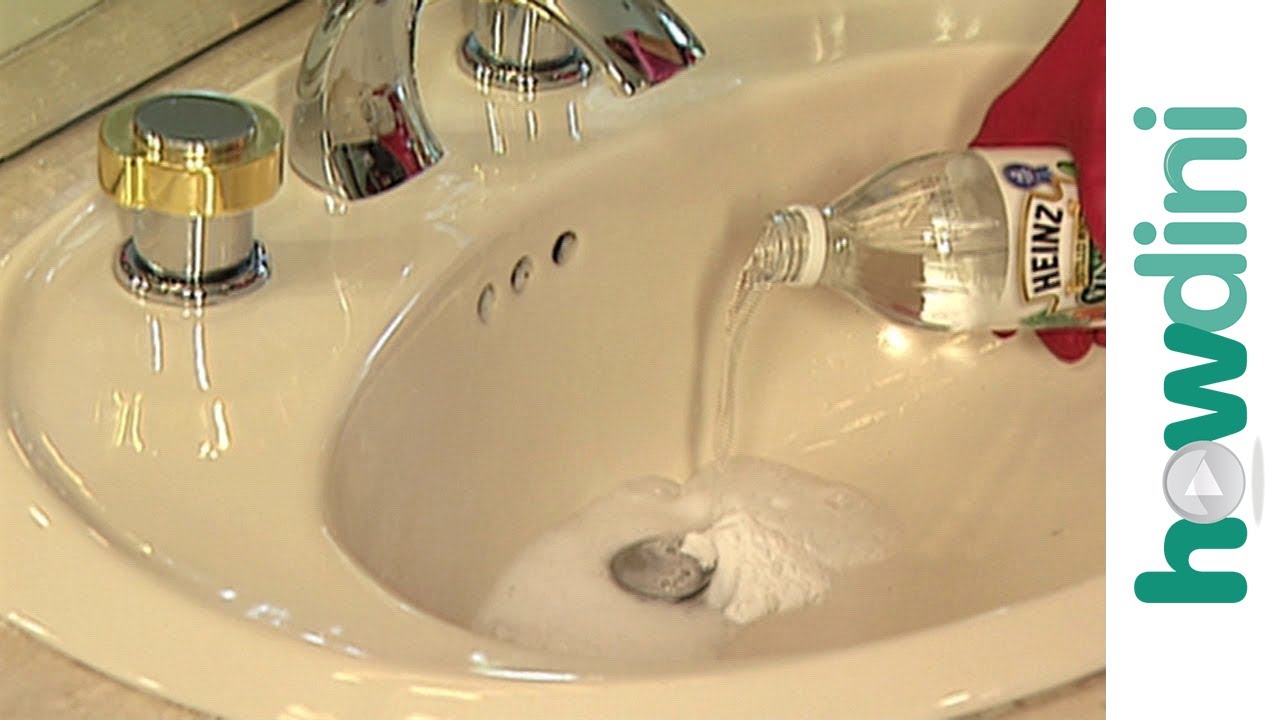
Save Money and Time
 Let's face it, dealing with a clogged kitchen sink can be a hassle. Not only does it disrupt your daily routine, but it also means spending money on expensive chemical drain cleaners or calling a plumber. However,
homemade remedies
can save you both money and time. Most of the ingredients needed for these remedies can be found in your pantry, making them a cost-effective solution. Plus, you won't have to wait around for a plumber to arrive or run to the store for a drain cleaner - you can simply whip up these remedies and get your sink unclogged in no time.
Let's face it, dealing with a clogged kitchen sink can be a hassle. Not only does it disrupt your daily routine, but it also means spending money on expensive chemical drain cleaners or calling a plumber. However,
homemade remedies
can save you both money and time. Most of the ingredients needed for these remedies can be found in your pantry, making them a cost-effective solution. Plus, you won't have to wait around for a plumber to arrive or run to the store for a drain cleaner - you can simply whip up these remedies and get your sink unclogged in no time.
Environmentally Friendly
 Another reason to consider using homemade remedies is that they are
eco-friendly
. Chemical drain cleaners can be harmful to the environment, as well as your health. They contain harsh chemicals that can cause skin irritation and damage your pipes. On the other hand, homemade remedies use natural ingredients that are gentle on your pipes and the environment. By using these remedies, you are not only unclogging your sink but also doing your part in reducing your carbon footprint.
Another reason to consider using homemade remedies is that they are
eco-friendly
. Chemical drain cleaners can be harmful to the environment, as well as your health. They contain harsh chemicals that can cause skin irritation and damage your pipes. On the other hand, homemade remedies use natural ingredients that are gentle on your pipes and the environment. By using these remedies, you are not only unclogging your sink but also doing your part in reducing your carbon footprint.
Effective and Versatile
 Don't underestimate the power of
homemade remedies
when it comes to unclogging your kitchen sink. These remedies are not only cost-effective and environmentally friendly, but they are also highly effective. For example, a mixture of baking soda and vinegar can dissolve and break down stubborn clogs. Additionally, these remedies can be used for a variety of clogs, whether it's food scraps, grease, or soap scum. With a few simple ingredients, you can tackle multiple types of clogs, making these remedies a versatile solution for your clogged kitchen sink.
Don't underestimate the power of
homemade remedies
when it comes to unclogging your kitchen sink. These remedies are not only cost-effective and environmentally friendly, but they are also highly effective. For example, a mixture of baking soda and vinegar can dissolve and break down stubborn clogs. Additionally, these remedies can be used for a variety of clogs, whether it's food scraps, grease, or soap scum. With a few simple ingredients, you can tackle multiple types of clogs, making these remedies a versatile solution for your clogged kitchen sink.
Prevent Future Clogs
 Using homemade remedies not only unclogs your kitchen sink but also helps prevent future clogs. Chemical drain cleaners may temporarily solve the issue, but they can also damage your pipes and create a buildup of residue, leading to more frequent clogs. Homemade remedies, on the other hand, are gentle on your pipes and can help prevent future clogs by breaking down any buildup or residue in your pipes. This means you'll have a clog-free sink for longer, saving you from the hassle and expense of dealing with frequent clogs.
In conclusion, don't overlook the power of homemade remedies when it comes to unclogging your kitchen sink. They are cost-effective, eco-friendly, versatile, and can prevent future clogs. So next time your sink gets clogged, try one of these remedies and see the results for yourself. Your wallet, pipes, and the environment will thank you.
Using homemade remedies not only unclogs your kitchen sink but also helps prevent future clogs. Chemical drain cleaners may temporarily solve the issue, but they can also damage your pipes and create a buildup of residue, leading to more frequent clogs. Homemade remedies, on the other hand, are gentle on your pipes and can help prevent future clogs by breaking down any buildup or residue in your pipes. This means you'll have a clog-free sink for longer, saving you from the hassle and expense of dealing with frequent clogs.
In conclusion, don't overlook the power of homemade remedies when it comes to unclogging your kitchen sink. They are cost-effective, eco-friendly, versatile, and can prevent future clogs. So next time your sink gets clogged, try one of these remedies and see the results for yourself. Your wallet, pipes, and the environment will thank you.




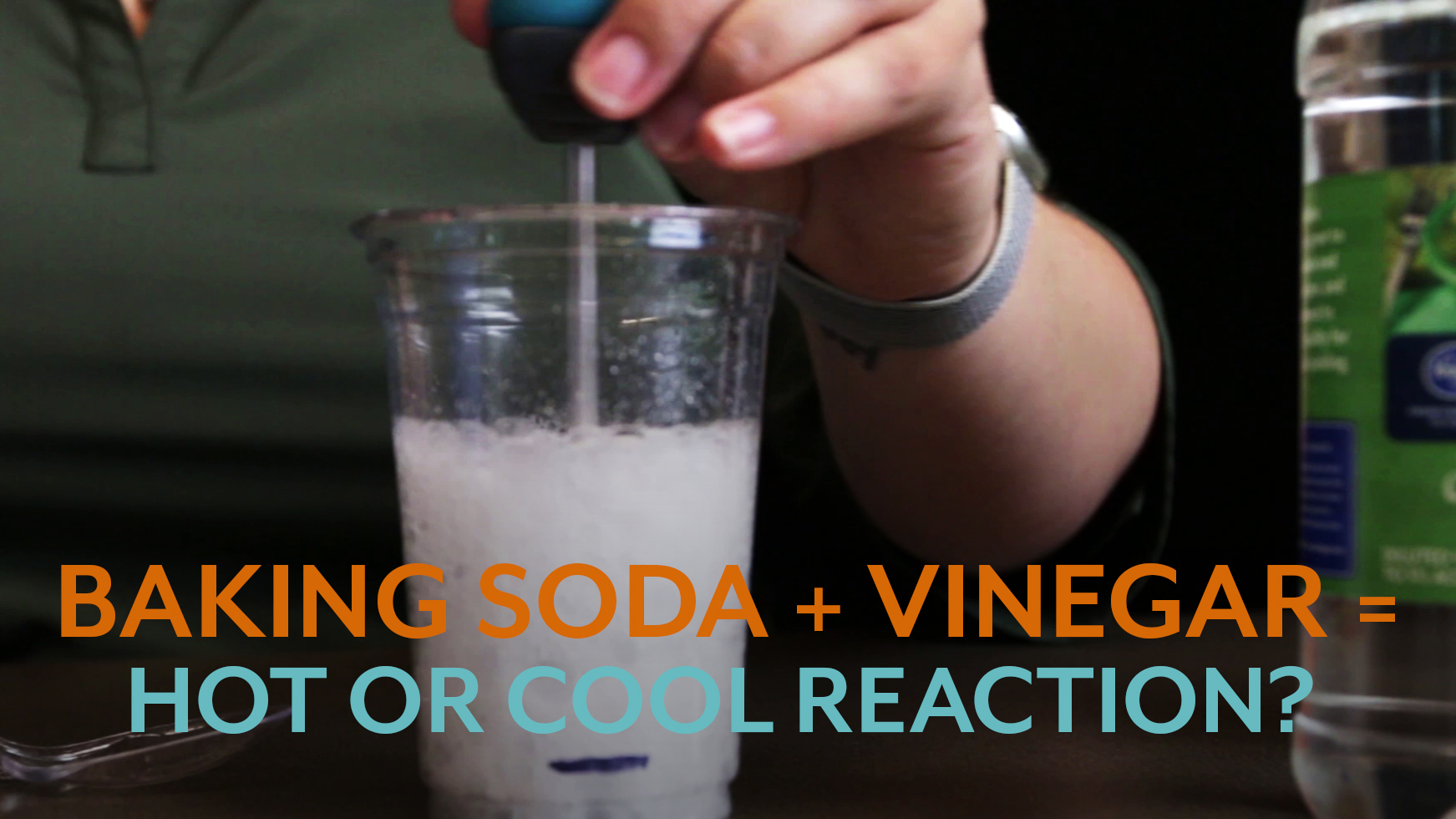


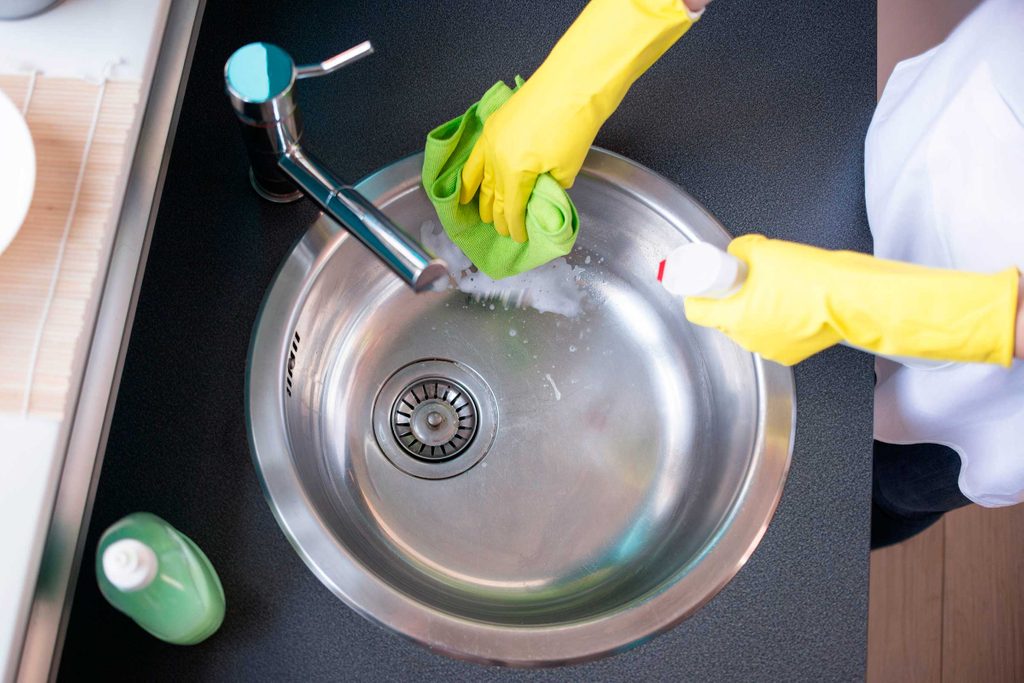





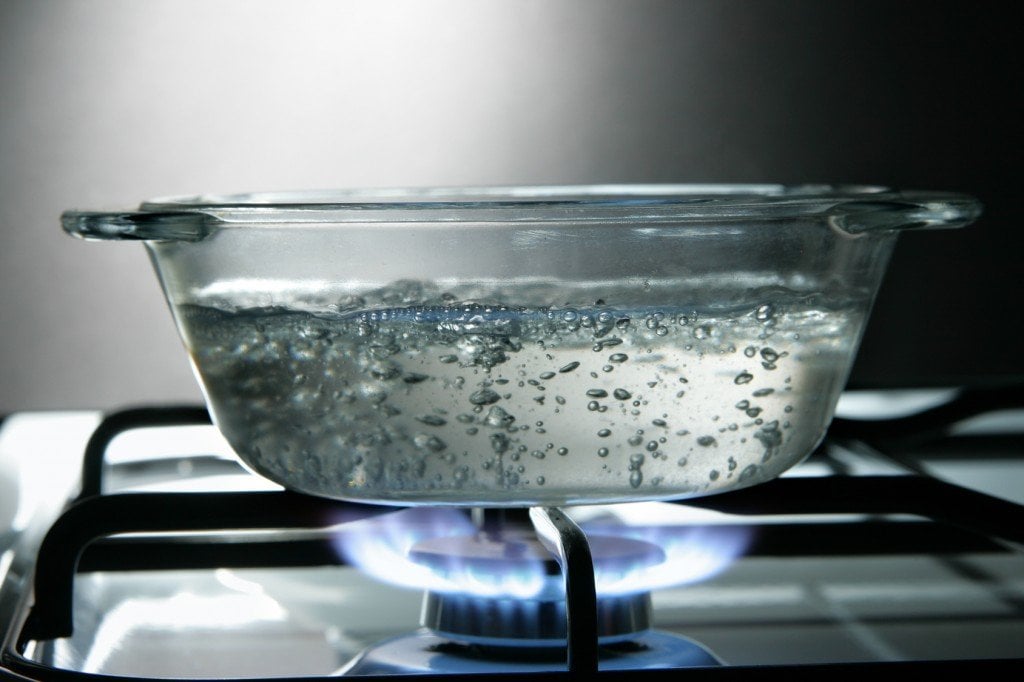

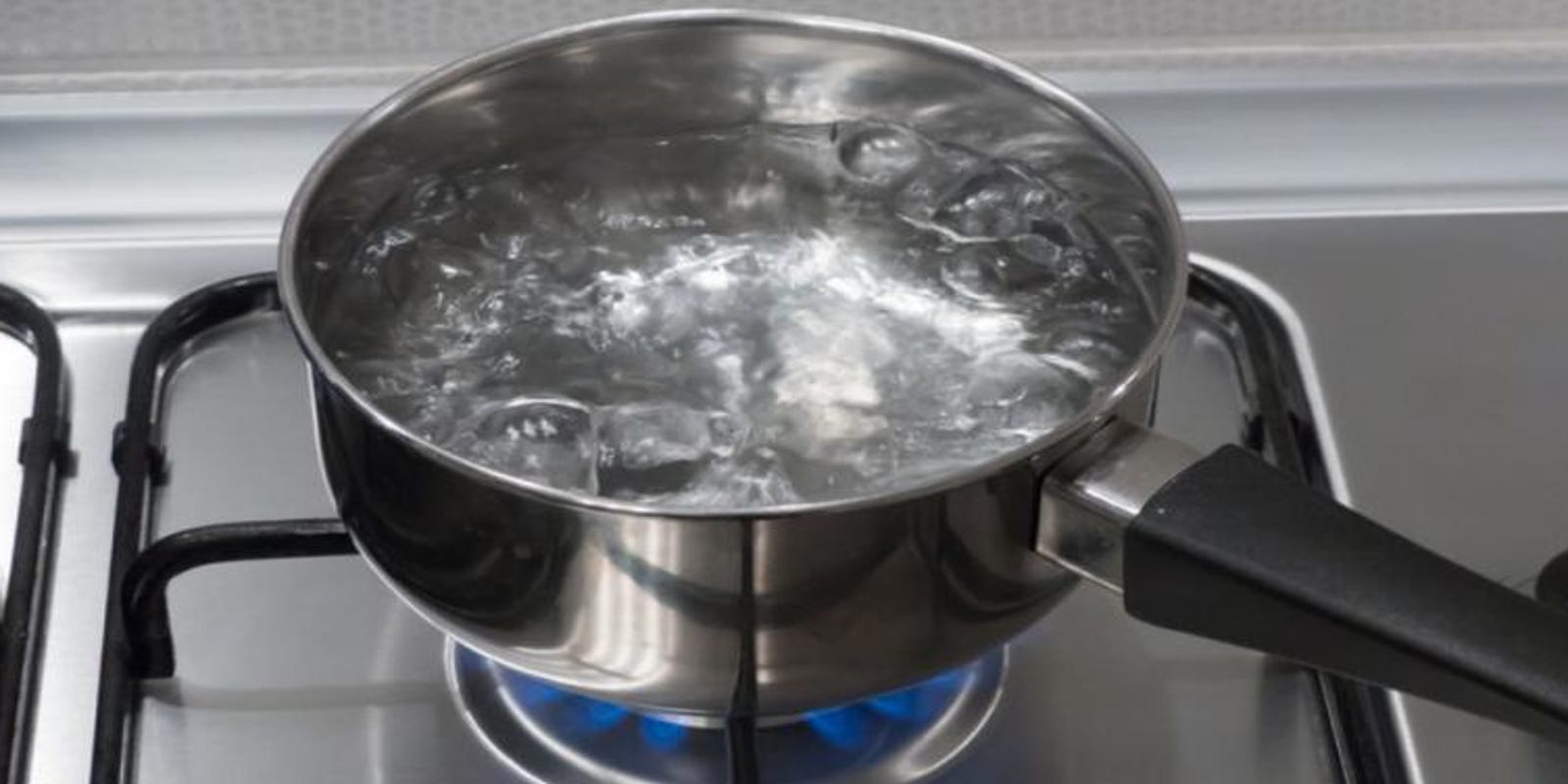

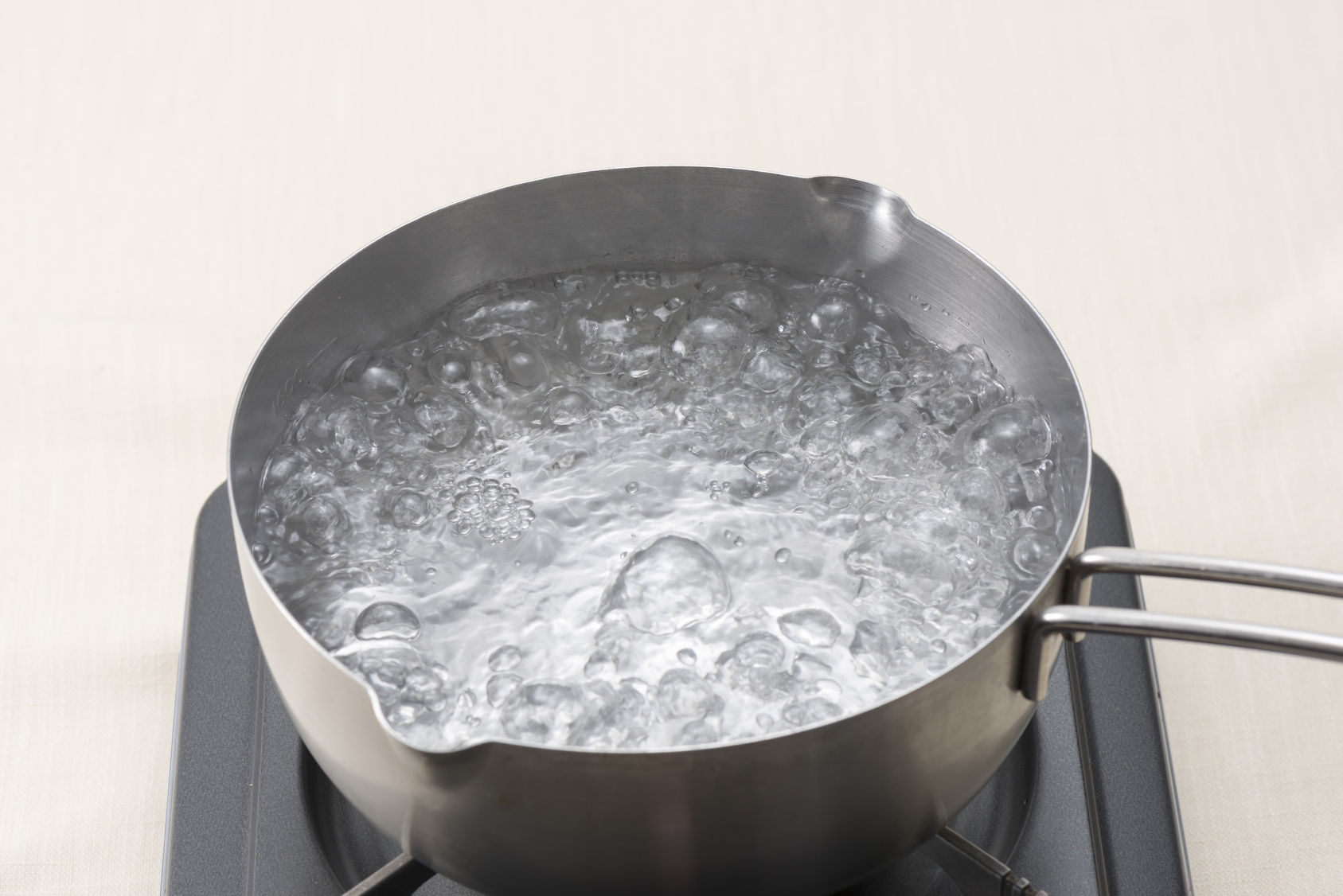
/boiling-water-on-gas-stove-143735234-5790aeb35f9b584d2005e949.jpg)
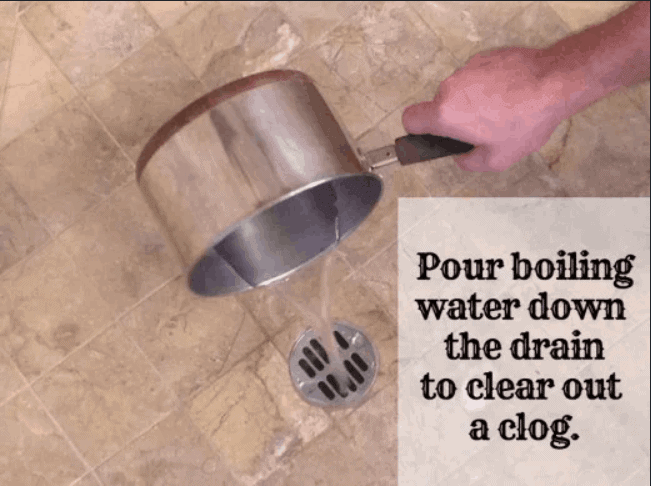
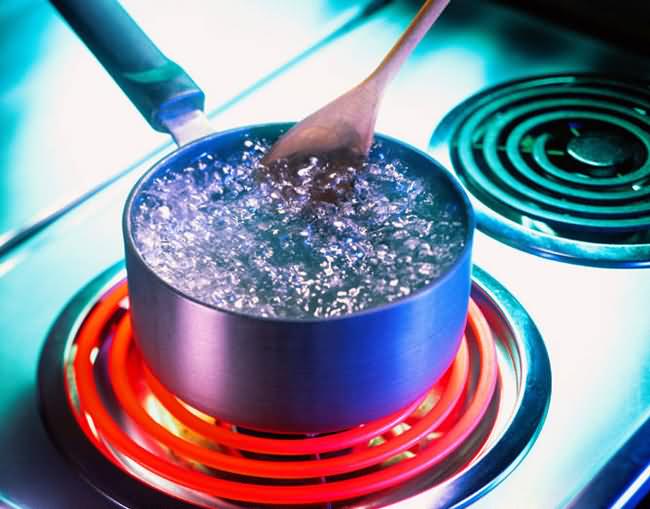
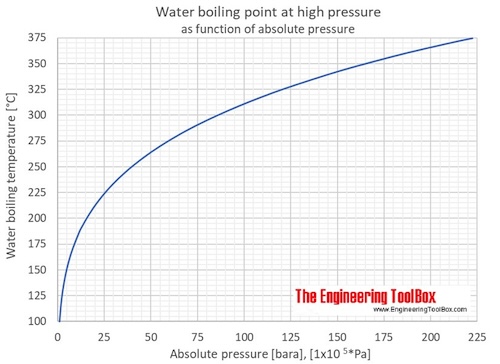



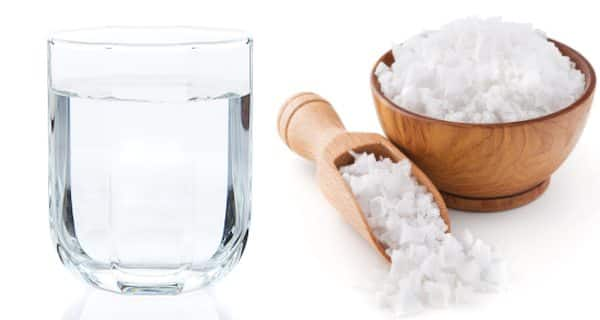











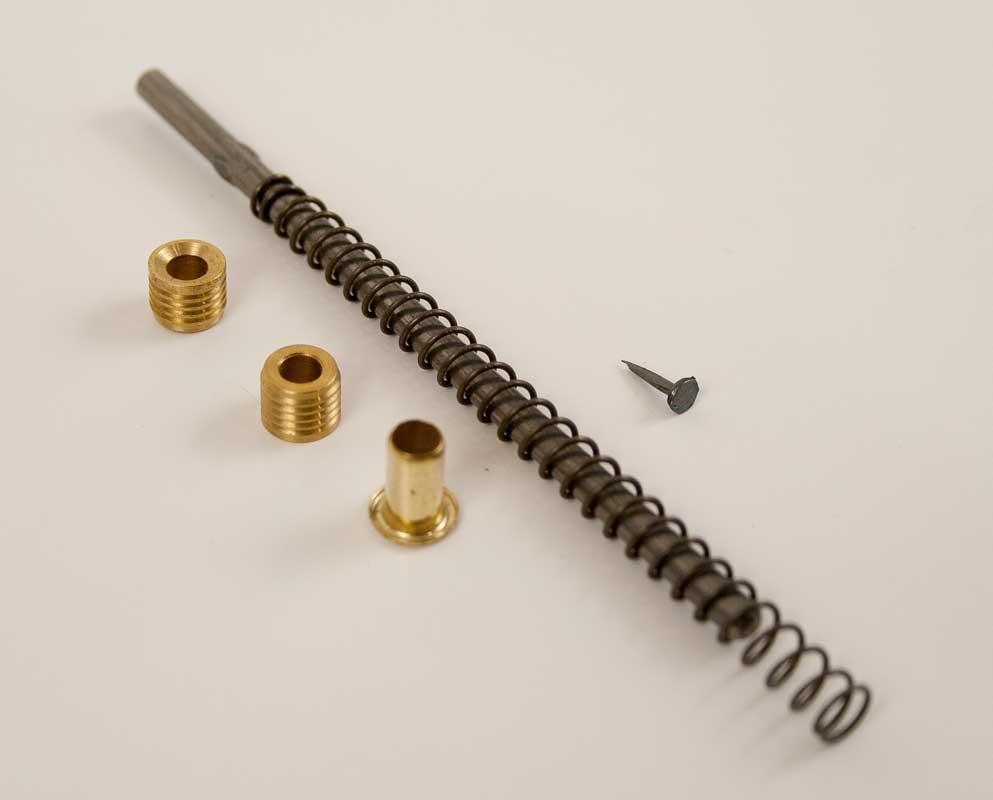



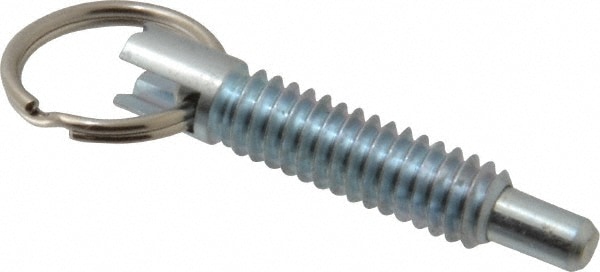


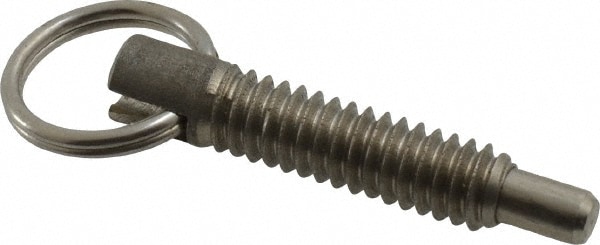



/GettyImages-80566571-5a1ca234aad52b00373338ff.jpg)
